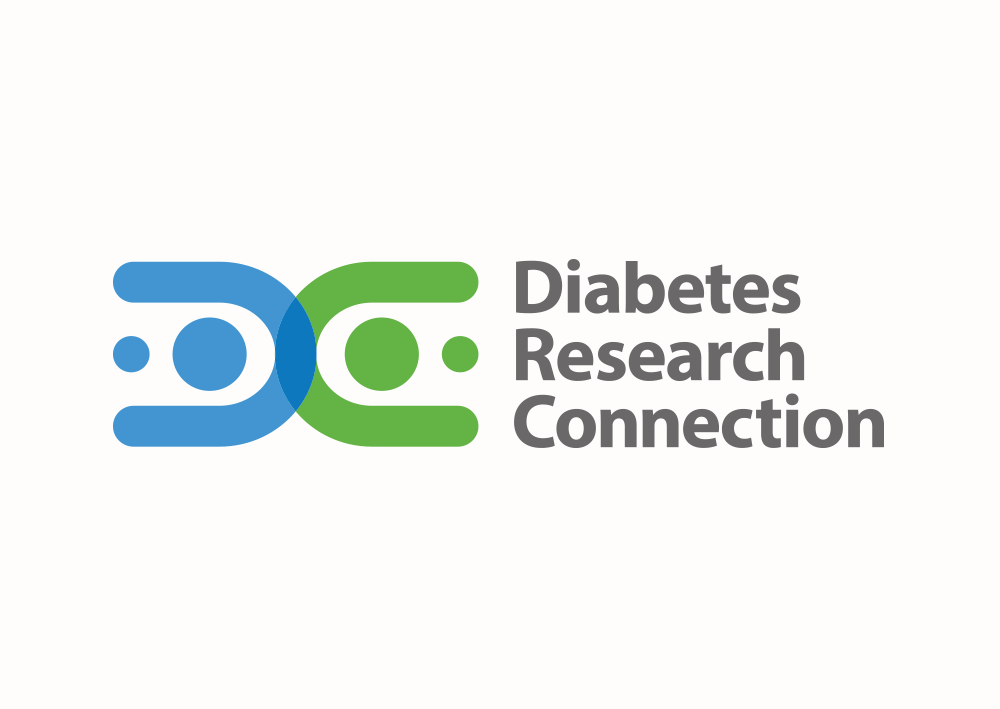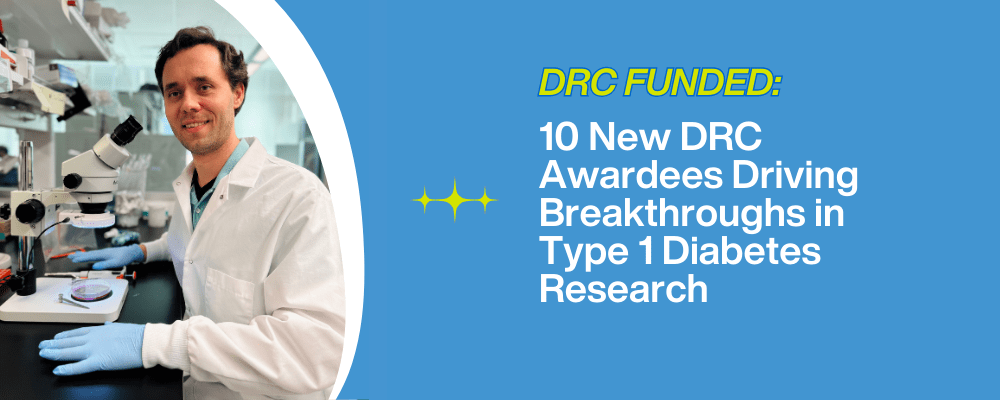 Written by Travis Manni on June 30, 2015 via Insulin Nation. Click here to read original article.
Written by Travis Manni on June 30, 2015 via Insulin Nation. Click here to read original article.
The Diabetes Research Connection (DRC) is a new organization that helps fresh-on-the-scene scientists conduct type 1 research. The group believes that innovative research is often done by early-career scientists, and that good ideas shouldn’t languish until researchers get tenure. They point to the success of young scientists who have done groundbreaking work, including Albert Einstein, who developed the theory of relativity in his twenties, and Frederick Banting and Charles Best, who created insulin therapy in their thirties.
The DRC process begins when researchers submit their proposals to be evaluated by a team of more than 80 established diabetes researchers. The best proposals are then selected and given to the group’s Layperson Committee, who then translate the science of each study into something the general public will understand. The selected (and demystified) proposals are submitted to the public for crowdsource fundraising.
Not only does this process get proposals from drawing room to lab work quicker than with traditional fundraising, but it also gets the public involved in the research, says Christina Kalberg, DRC’s executive director. That public involvement means some proposals can be crowdfunded quickly, sometimes even in just one day.
“[It] allows everyday people to choose what they want to support and how much they want to support it,” says Kalberg.
If a project meets its fundraising goal in three months, the researcher(s) set to work. They are paired with more established diabetes researchers, who act as mentors throughout the project. Each project’s progress is documented on the DRC website, as transparency is key to the organization, says Charles King, a DRC board member and a research scientist at the University of California, San Diego.
“Donors are kept in the loop from beginning to project conclusion,” King says. “We want people to continually follow the research.”
DRC currently has four projects on its website. They include:
- A University of Vanderbilt project to reverse Type 1 without insulin
- A UCLA School of Medicine proposal to make “more and better” beta cells
- A University of Washington project to make cells to repair the pancreas
- A University of Michigan project to find a way to reinvigorate stressed beta cells
By 2016, the group hopes to have up to 10 active projects available for donors. You can click here to donate.




